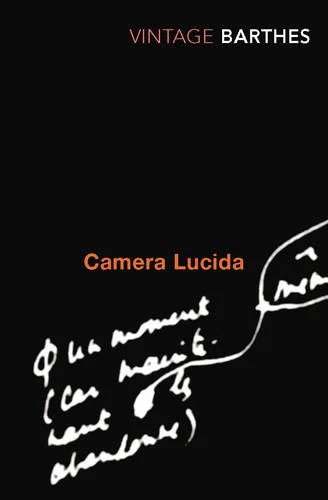
Roland Barthes’ Camera Lucida is regarded as a classic commentary on the nature of photography. On first attempt, I gave up reading it after three pages. I appreciate Barthes was an academic—and a French academic to boot—but was it really necessary to write in such gratuitously impenetrable prose? (The answer to this question is always no, by the way.)
A few days later, having waited for my grumpiness to subside, and determined not to let Barthes get away with it, I gave the book a second shot. It was still pretty impenetrable in places, but this time I pressed on to the end, not letting the pretentious prose get to me.
It’s a shame Barthes was such a needlessly grandiloquent writer, as, behind it all, he had some interesting observations to make about our most accessible means of visual representation, the photograph. His personal response to a childhood photograph of his late mother was particularly moving. Being an academic, Barthes also couldn’t help coining a couple of new terms derived from the Latin, the second of which is actually useful:
- studium – the intellectual or cultural interpretation of a photograph;
- punctum – a specific detail in a photograph that the viewer finds personally poignant.
I can’t recommend this book due to its overblown prose, but photography fans might like to give it a shot (or two).
- Buy this book from Bookshop.org (UK) and help tax-paying, independent bookshops.
- Buy this book from Amazon.co.uk
- Buy this book from Amazon.com

Leave a Reply